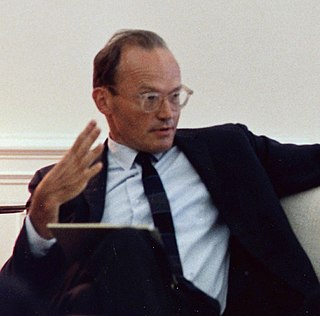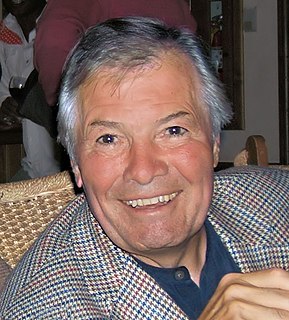A Quote by Jeffrey Pfeffer
I do not think anyone who ever saw Lyndon Johnson give a speech would call him charismatic, even though he was one of the most effective presidents in U.S. history. Same with Lincoln. Charisma is only one source of power, and probably not a very important one, at that.
Related Quotes
Now in my view, if you were to line up the Presidents in the order of who made the greatest accomplishments, you'd put Lyndon Johnson in that arena with both Roosevelts probably, and [Abraham] Lincoln and so on. But the idea that Lyndon Johnson was operating as a free agent and coming up with these ideas on his own is nonsense.
Even though Lyndon Johnson's presidency was in many ways scarred forever by the war in Vietnam, and destroyed in a lot of ways, he - as a character - was even larger than his presidency. Being able to get to know him well, that firsthand relationship with this large character, I think is what drew me to writing books about presidents.
Lyndon Johnson is still the most formidable, fascinating, frustrating, irritating individual I think I've ever known in my entire life. He was huge, a huge character, not only standing six feet four, but when you talked to him, he violated the normal human space between people. He was a great storyteller. The problem was that half his stories, I discovered, weren't true.
I think with Lyndon Johnson, the most important thing I learned was that he never had the sense of security that comes from inside. It always depended on other people making him feel good about himself, which meant that he was always beholden, continually needing to succeed. He could never stop. There was such a restlessness in him.






























